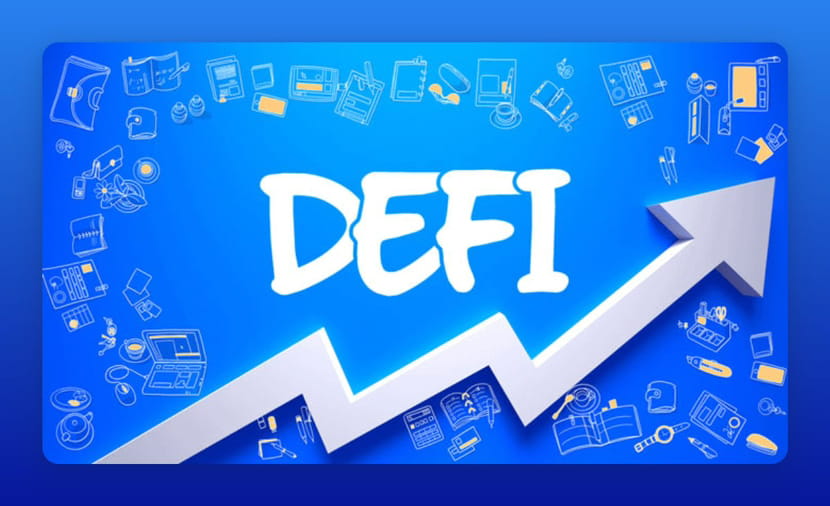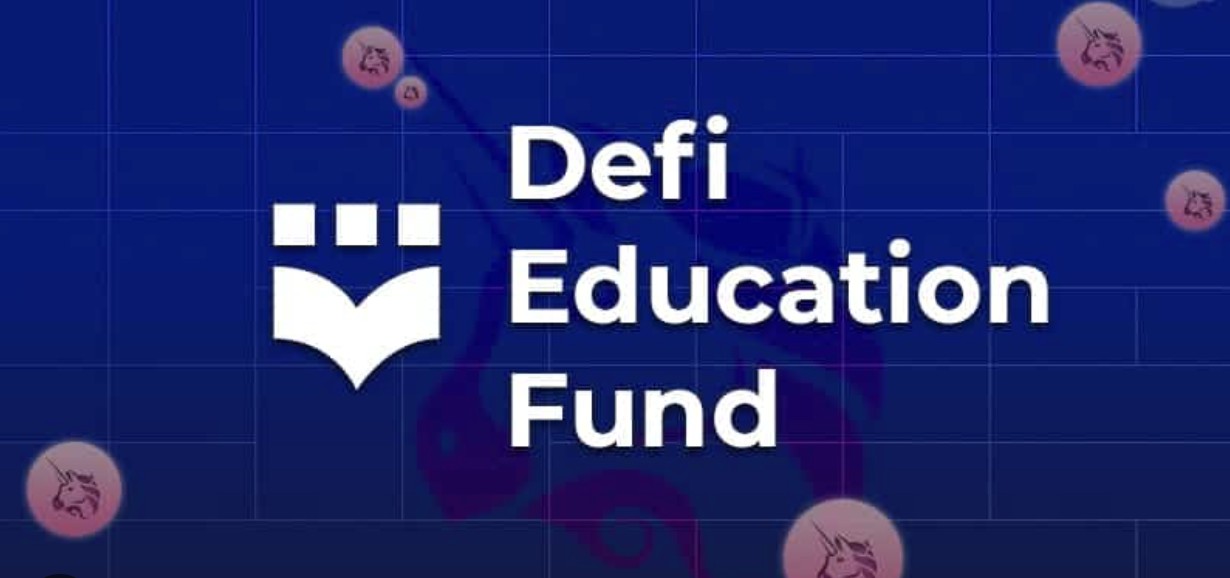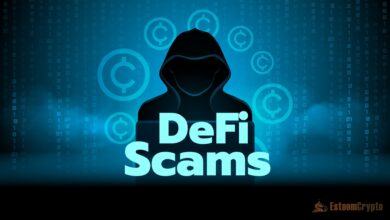DeFi Education Fund Takes Action Against the IRS

DeFi Education Fund Takes: The DeFi (Decentralized Finance) Education Fund, a prominent advocacy group dedicated to fostering awareness and understanding of decentralized finance, has recently taken a bold step by challenging the U.S. Internal Revenue Service (IRS). This action underscores the growing tension between regulatory bodies and the rapidly evolving DeFi ecosystem HYPE Token Continues Its Impressive Rise.
The Background
Decentralized finance has revolutionized the way financial transactions and services are conducted. By eliminating intermediaries and leveraging blockchain technology, DeFi platforms provide users with unparalleled access to lending, borrowing, and trading services. However, this innovation has also drawn the attention of regulatory agencies like the IRS, which are keen to ensure compliance with tax laws.
In 2021, the IRS issued guidance on the taxation of cryptocurrency-related activities, including staking, yield farming, and other DeFi operations. While these guidelines aimed to provide clarity, many in the DeFi community found them ambiguous and overly burdensome. The lack of specificity has left both individual users and DeFi platforms struggling to navigate tax obligations effectively.
The Legal Challenge
The DeFi Education Fund’s legal action against the IRS centers around the agency’s summonses for detailed records from cryptocurrency exchanges and service providers. These summonses, often referred to as “John Doe summonses,” target all users of specific platforms without identifying particular individuals suspected of wrongdoing. The Fund argues that this approach is an overreach and infringes on the privacy of law-abiding DeFi participants.
In a statement, the DeFi Education Fund emphasized that their challenge is not about avoiding taxes but about ensuring that regulatory actions are fair, transparent, and respect the privacy of individuals. They highlighted that many DeFi users are eager to comply with tax laws but are hindered by the current lack of clear and practical guidance.
Implications for the DeFi Community

The outcome of this legal battle could have significant implications for the DeFi sector. If the court sides with the DeFi Education Fund, it could set a precedent for how regulatory agencies interact with decentralized platforms and their users. This could lead to more tailored and practical regulations that support innovation while ensuring compliance. On the other hand, if the IRS’s broad summonses are upheld, participation in DeFi may be discouraged due to concerns over privacy and potential legal risks. Such a ruling could also prompt further scrutiny of the sector, potentially stifling growth and innovation.
The Broader Debate
This case highlights the broader debate over how governments should regulate decentralized technologies. Advocates of DeFi argue that excessive regulation could undermine the core principles of decentralization and financial freedom. Meanwhile, regulators contend that oversight is necessary to prevent fraud, money laundering, and tax evasion.
Balancing these perspectives will require collaboration between policymakers, industry leaders, and advocacy groups like the DeFi Education Fund. Clear, practical, and fair regulations are essential to foster the growth of the DeFi ecosystem while addressing legitimate concerns of regulators.
Conclusion
The DeFi Education Fund’s legal challenge against the IRS is a pivotal moment for the decentralized finance community. As this case unfolds, it will undoubtedly shape the future of DeFi regulation in the United States and beyond. Whether it leads to greater clarity or increased scrutiny, one thing is clear: the intersection of DeFi and regulation is a space to watch closely.
[sp_easyaccordion id=”3976″]




